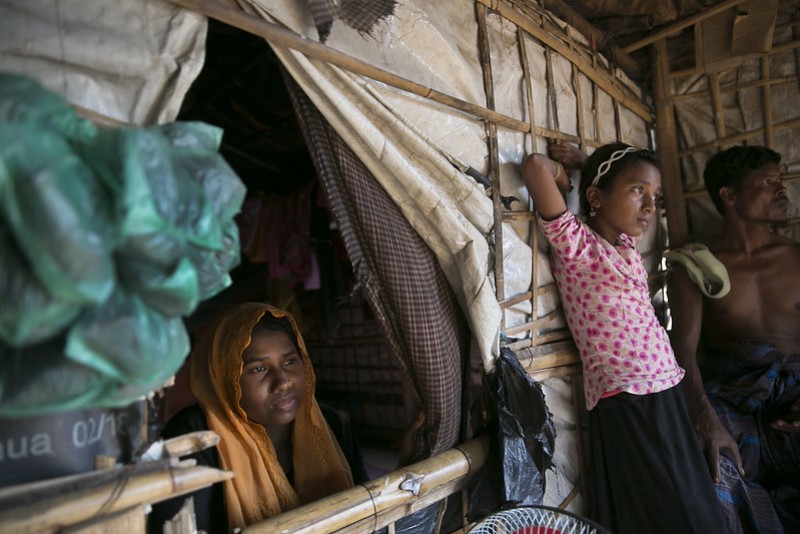The document lists 26 cases of violence against Rohingya refugees, including murder, kidnapping, forced recruitment, torture, rape, forced marriage, and human trafficking.
Victims report facing barriers to police, legal, and medical assistance, with the authorities failing to provide protection, improve security, or prosecute those responsible.
"Armed groups decided to increase violence in the camps, killing people, targeting majhis (Rohingya community leaders) and activists, to create an environment of fear so that they can operate in the camps without interruption by Bangladesh authorities," an activist told Human Rights Watch. "They are recruiting a lot of children and teenagers, forcing them to join or offering money."
Victims of the attacks have named several groups as responsible, including the Arakan Rohingya Salvation Army (ARSA), the Rohingya Solidarity Organization (RSO), Munna gang, Islami Mahaz, and other groups.
Additionally, the Bangladesh Ministry of Defence has reported that there are at least 11 armed groups operating within the refugee camps.
Majhis and community leaders have also been targeted for abduction by ARSA.
Refugees are caught between the authorities and the armed groups, with the authorities insisting that they identify members of armed groups, and the armed groups targeting them for retribution.
Several family members said that the accused roam freely in the camp, while the police ignore the families’ reports.
Victims said they did not attempt to file complaints due to threats or because they did not expect a fair investigation. Refugees who were tortured said they live in constant fear, with no access to mental health services in the camps.
"We had been continually asking for help from the police to rescue our brother, but they didn't do anything. We had to pay a huge ransom and rescue him ourselves," a refugee whose brother was abducted told HRW.
Several people reported cases of forced marriage.
Alleged militants have threatened to kill family members who resisted the forced marriage of their young daughters. One 16-year-old said that she was forced to marry an ARSA member when she was only 14, and the man she was forced to marry subjected her to physical violence.
The Rohingya, a Muslim ethnic minority group, have faced persecution and discrimination in Myanmar for decades, including being denied citizenship and having limited access to education and employment, as stated by OCHA.
This has resulted in a cycle of violence, with Rohingya militants attacking Myanmar security forces, and the military responding with brutal crackdowns. As a result, hundreds of thousands of Rohingya have fled to neighboring countries, such as Bangladesh.
The Cox Bazar region of Bangladesh, with over 900,000 Rohingya refugees, is the largest refugee camp in the world, and Rohingya refugees have been identified as "the most persecuted minority in the world," according to the United Nations.



